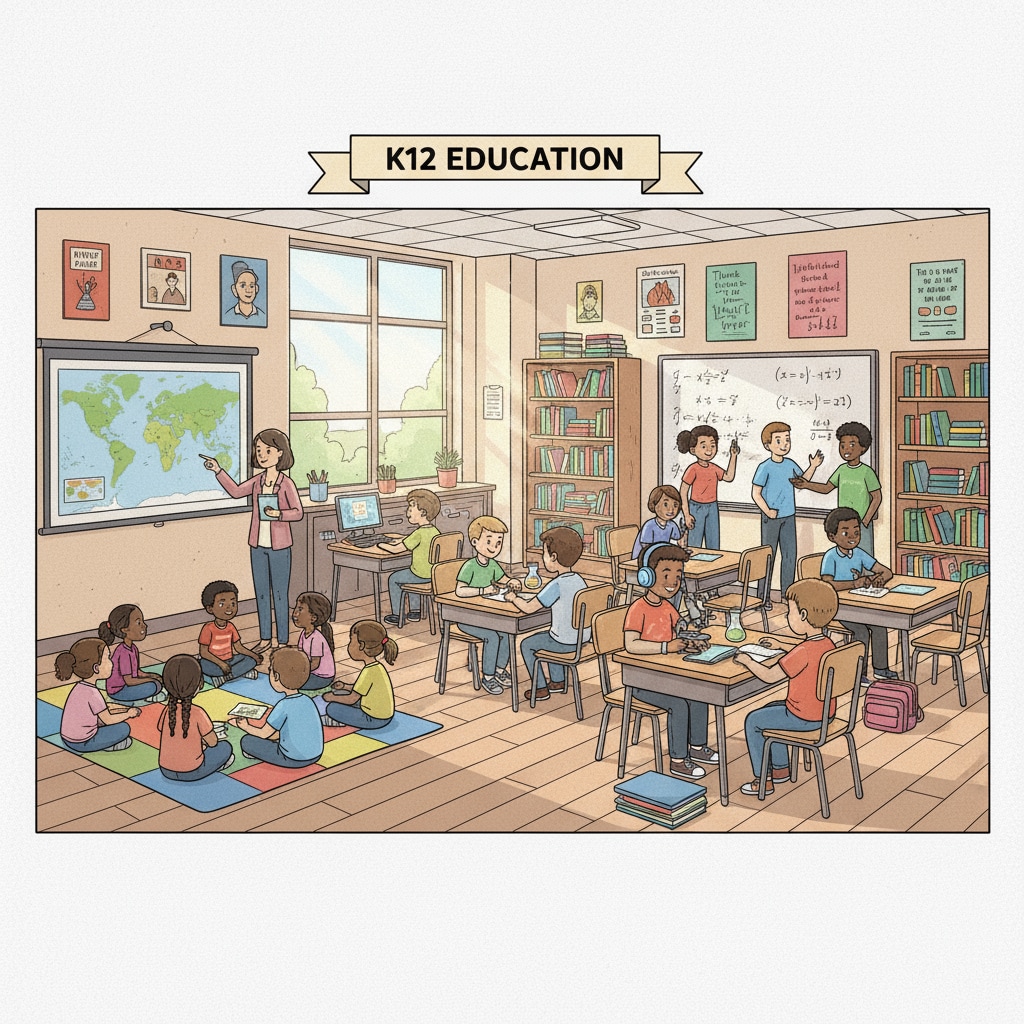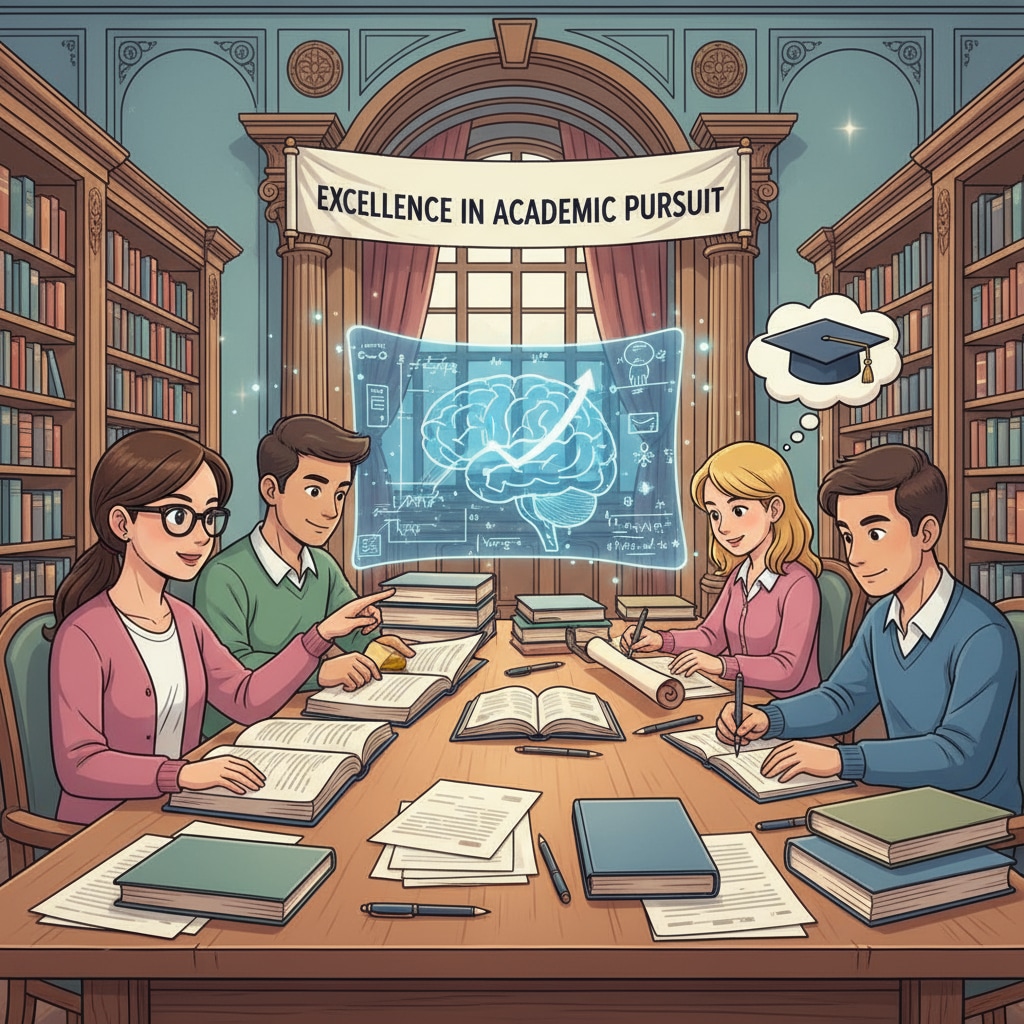Academic expulsion, student failure, and college impact are crucial aspects to explore in the realm of K12 education. In K12 settings, academic expulsion is not a decision made lightly. It has far-reaching consequences for both the students involved and the colleges they might aspire to attend.

This article aims to shed light on the reasons behind academic expulsions, how they contribute to student failure, and what implications they hold for colleges.
The Root Causes of Academic Expulsion
There are several factors that can lead to academic expulsion in K12 education. One common reason is persistent poor academic performance. When students consistently fail to meet the minimum academic requirements, it can result in expulsion. For example, if a student repeatedly fails multiple courses over a semester or a school year, the school may decide to take this drastic step. Another significant cause is behavioral issues. Disruptive behavior, such as constant disobedience, bullying, or violence, can disrupt the learning environment for everyone. According to Understanding School Discipline on Education.com, schools often have zero-tolerance policies for such behaviors, which can lead to expulsion.

The Ripple Effect on Student Failure
Academic expulsion often has a detrimental impact on student failure. Being expelled from school can shatter a student’s confidence and motivation. They may feel like they have lost all opportunities for success. Moreover, the stigma associated with expulsion can make it difficult for students to re-enter the educational system. They may face challenges in finding another school that is willing to accept them. As a result, many students may drop out of education altogether, further entrenching their state of failure. This not only affects their individual futures but also has broader societal implications.
The Impact on Colleges
Colleges also feel the effects of academic expulsions in K12. When students with a history of expulsion apply to college, it can pose challenges for admissions officers. They need to carefully evaluate the circumstances surrounding the expulsion to determine if the student is a suitable candidate. Additionally, a high rate of students being expelled from feeder K12 schools can reflect poorly on the college’s reputation. Colleges may need to invest more resources in outreach and support programs to help these students succeed. According to Background Information on Student Discipline Records on NACAC, colleges are increasingly aware of the importance of understanding the context of student disciplinary issues.
To address these issues, it is essential for K12 schools and colleges to work together. Schools should focus on providing early intervention and support to students who are at risk of academic expulsion. This could include tutoring programs, counseling services, and alternative educational pathways. By creating a more inclusive and supportive educational environment, we can reduce the instances of academic expulsion, prevent student failure, and enhance the overall quality of education.
Readability guidance: Short paragraphs and lists are used to summarize key points. Each H2 section provides a list of relevant factors. The passive voice and long sentences are kept to a minimum, and transition words are used throughout the article to enhance flow.


